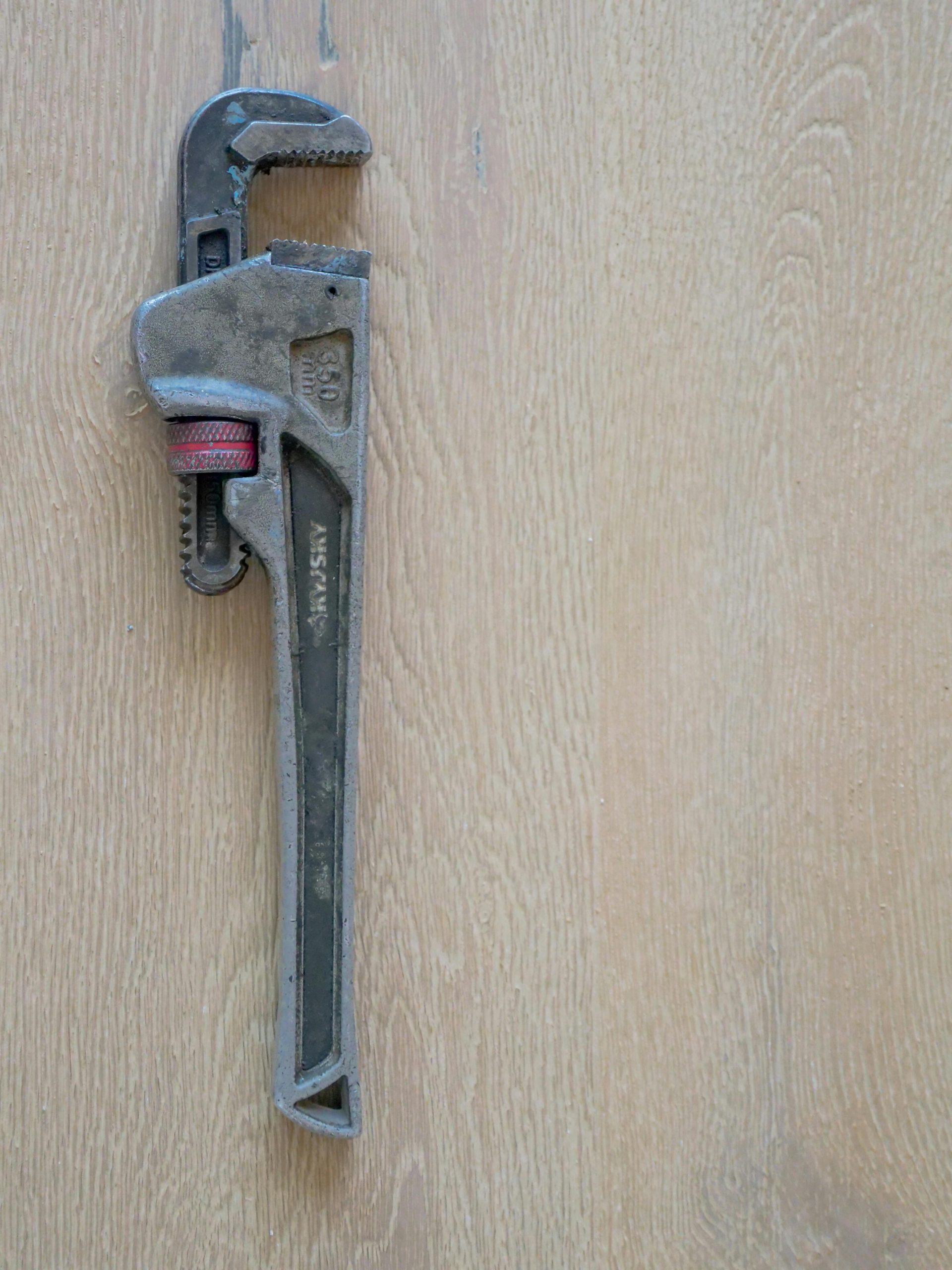Best Practices for Working with an Adjuster on General Liability & Property Damage
I recently experienced significant damage to my home caused by a plumber during a pipe replacement. They have taken responsibility and filed a claim with their insurance, but I’m still waiting for the claim to be acknowledged.
What are the best strategies for interacting with the adjuster to ensure I receive a full payout, avoid delays, and minimize stress?
I feel completely not at fault in this situation and I’m concerned about being at the mercy of the plumber’s insurance. Any advice would be appreciated!




Dealing with an insurance adjuster can be a stressful process, especially when you’re dealing with significant property damage. Here are some best practices to help you navigate the claims process smoothly and ensure that your claim is handled efficiently:
Document Everything: Keep thorough records of all communications with the adjuster, including dates, times, and the details of each conversation. Also, take photos of the damage and any repairs made or needed to support your claim.
Understand Your Policy: Familiarize yourself with the insurance policy covering the plumber’s liability. Knowing what’s covered can help you advocate for yourself and ensure that you receive all eligible compensation.
Provide Complete Information: When communicating with the adjuster, be clear, concise, and provide all necessary information upfront. This includes your contact details, a summary of the incident, and any documents requested.
Stay Organized: Create a folder (physical or digital) for all related documents, including receipts, estimates for repairs, and any correspondence related to the claim. This organization will save time and help you present a solid case.
Get Estimates and Quotes: Obtain repair estimates from licensed contractors and provide them to the adjuster. Having multiple quotes can ensure you’re fairly compensated and help support your claim amount.
Follow Up Regularly: Make it a habit to follow up with the adjuster periodically. If you haven’t heard back within a reasonable time frame, don’t hesitate to reach out to check on the status of your claim.
Be Polite but Firm: Maintaining a professional demeanor goes a long way. Be assertive in explaining your expectations and concerns, while still being respectful.
Know Your Rights: Familiarize yourself with your rights as a policyholder. If you feel that your claim is not being handled fairly or promptly, you can escalate the issue within the insurance company or seek advice from a legal professional.
Keep a Timeline: Document the timeline of events related to the claim process. This can be helpful if you need to escalate matters or dispute any delays.
Consider Legal Help: If you feel overwhelmed or if the process is dragging on without resolution, you may want to consider consulting with a legal professional who specializes in insurance claims.
Stay Positive: It can be frustrating, but trying to remain positive and patient can help you stay focused on resolving the claim effectively.
By following these best practices, you can help ensure that your claim is addressed promptly and that you receive the compensation you need for the damage caused.